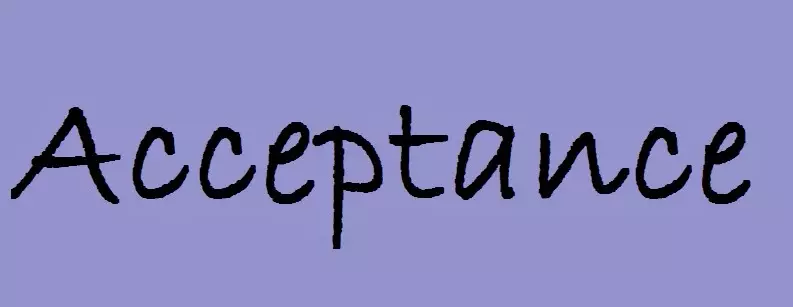Distinguish between Sale and Agreement to sell.
Sale and Agreement to sell
Nature of contract : Sale is an executed contract whereas an agreement to sell is an executory contract. An executed contract is one which is immediately performed after being entered into whereas an executory contract is one which is to be performed in future.
Transfer of ownership : In case of sale, the transfer of ownership from seller to the buyer takes place at the time to contract. In case of agreement to sell, the transfer of ownership is to take place at a future time or subject to the fulfillment of a condition.
Rights : In case of sale, the buyer exercise all the proprietary rights over the goods, like right to possess or right to sell or use them in whatever manner. Such rights cannot be exercised by the buyer in an agreement to sell.
Risk : In a sale, the buyer is responsible for any loss or destruction of goods even if the goods are in the possession of the seller. In an agreement to sell, the seller is responsible for the loss even if the goods are in the possession of the buyer because the seller remains the owner until the agreement to sell becomes a sale.
Right of seller against the buyer’s breach : In a sale in case of default by the buyer (refusal to accept goods or pay the price), the seller may sue for price. But in an agreement to sell, if the buyer fails to accept goods and pay for them, the seller can only sue for damages for breach, and not for payment of the price.
Right of buyer against the seller’s breach : If there is a sale, and the seller commits a breach, the buyer has not only a personal remedy against the seller, but also the remedies which an owner has in respect of the goods such as a suit for conversion etc. In the case of an agreement to sell, if the seller commits a breach, the buyer has only a personal remedy against the seller, i.e., to sue for damages.
Right of resale : In case of sale, the seller cannot resell the goods even if the goods are in his possession. If he does so he is guilty of breach of contract and buyer can claim damages from the seller. In case of agreement to sell the seller continues to be the owner. If he resells the goods he is guilty of breach of contract and the original buyer can claim only damages from him.
Insolvency of buyer : If the goods are in the possession of the seller and buyer becomes insolvent then in case of sale, in the absence of a right of lien, the seller must deliver the goods to the official receiver or assignee of the buyer. The seller will be entitled for rate able dividend for the price due. But in case of agreement to sell if buyer becomes insolvent before paying the price of goods, the seller may refuse to deliver the goods to the official receiver because ownership of goods still rests with the seller.
Insolvency of seller : In case of sale if the seller; who is in possession of the goods, becomes insolvent, the official receiver/assignee of the seller has to give goods to the buyer because he is the owner of goods. But in case of agreement to sell if the seller becomes insolvent the buyer cannot recover the goods from official receiver even if the price has been paid by him. This is because he is not the owner.





